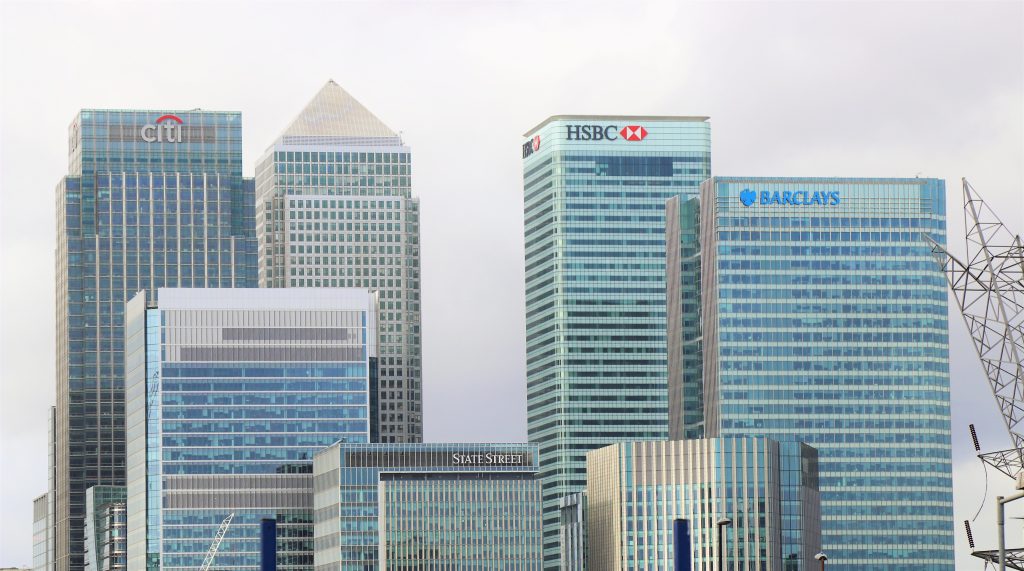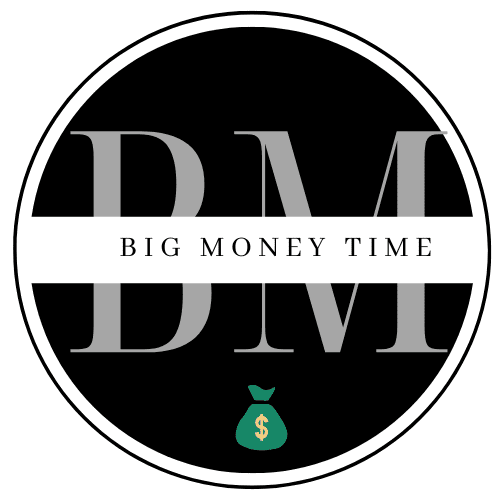Understanding Credit Crunch: Causes And Effects
A credit crunch is a sudden and severe shortage of credit, where lenders become cautious in lending out money to borrowers, often resulting in a lack of liquidity in financial markets.
The effects of a credit crunch can be significant, causing financial pressure and potentially resulting in bankruptcy for both individuals and businesses. This piece will explore the impact of a credit crunch and provide insights into how to prepare for such a scenario.

During a credit crunch, lending institutions become reluctant to provide credit or loans, even to creditworthy borrowers. This reluctance may be caused by several factors, such as an economic downturn, an increase in default rates, a decrease in investor confidence, or tighter regulatory policies.
As a result, credit becomes scarce, and interest rates on loans rise. The lack of available credit often leads to a decline in economic activity, as businesses struggle to obtain financing to fund their operations, and individuals find it challenging to obtain mortgages, personal loans, or credit cards.
To prepare for a credit crunch, individuals and businesses can take the following steps:
Build Up Emergency Funds: It is essential to have an emergency fund in place to cover unexpected expenses, such as job loss or medical emergencies, during a credit crunch. It is advisable to strive towards accumulating savings equivalent to three to six months of living expenses to serve as a buffer against any unexpected financial setbacks.

Reduce Debt: During a credit crunch, the cost of borrowing increases, making it more challenging to pay off existing debts. Paying down debts and reducing your overall debt load will help you weather the storm.
Diversify Income Sources: Relying on a single source of income can be risky during a credit crunch. Consider diversifying your income by pursuing part-time work or developing a side business to help supplement your primary source of income.
Maintain Good Credit: Lenders become more cautious during a credit crunch, making it more challenging to obtain credit. During a credit crunch, having a strong credit score can enhance the likelihood of securing credit.
Plan for the Long-Term: A credit crunch can be a temporary setback. Plan for the long term and invest in your education, skills, and career development to help you weather any financial storms.
